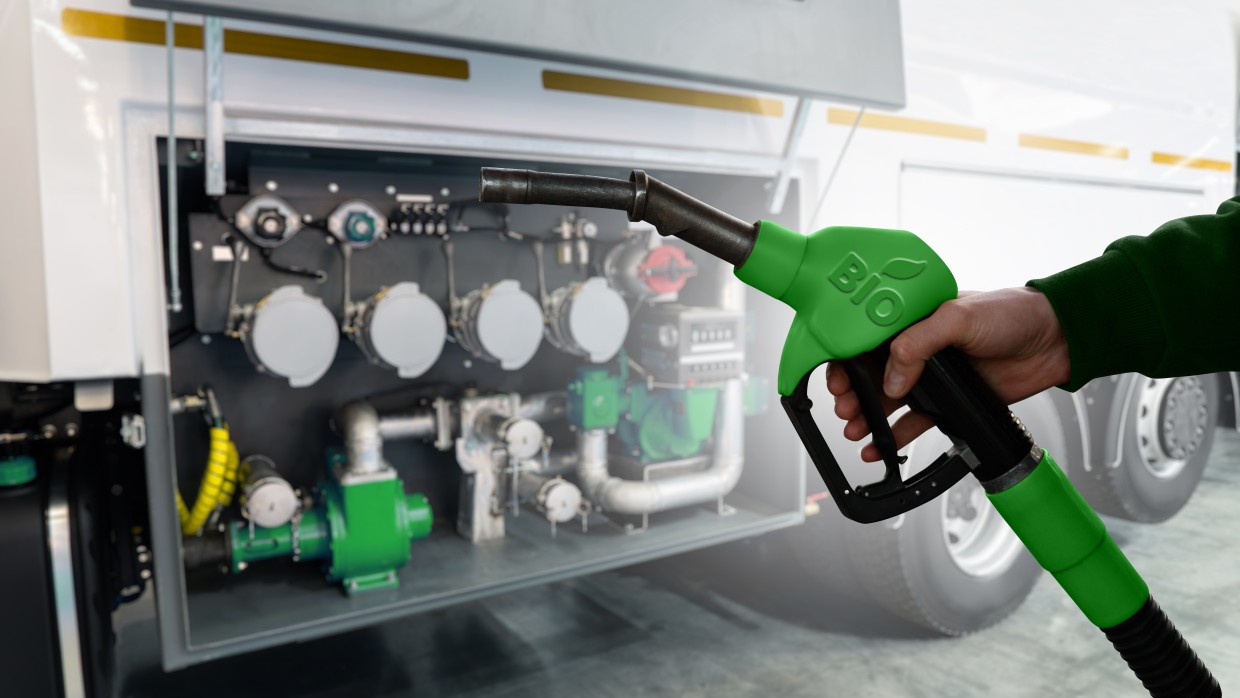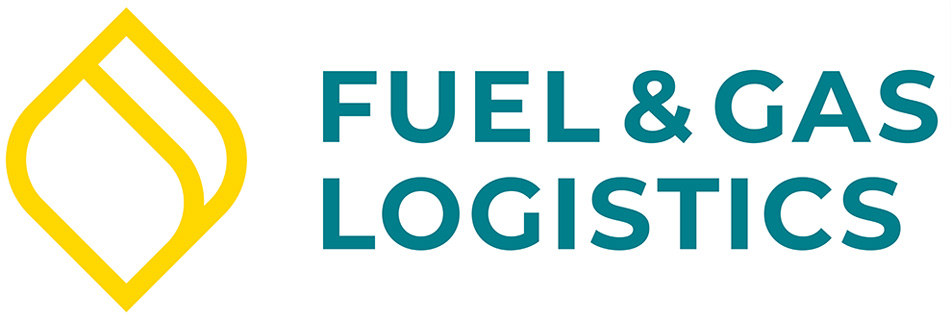News
News
Transport Emission Targets Are Missed – Yet Again
According to the latest report by the Federal Environment Agency (UBA), Germany emitted 10.1 per cent fewer greenhouse gases (GHG) in 2023 than in the previous year. This is the sharpest decline since 1990. In addition to the higher proportion of renewable energy being used, the reduction is also due to unusual circumstances such as the sluggish economy, the resulting fall in demand for energy in the commercial sector and consumers saving on energy in the face of high prices.
Despite these improvements, GHG emissions in the building sector and particularly in the transport sector have not decreased in line with the targets set out in the Climate Protection Act (KSG). Although a reduction in emissions of 1.8 million tonnes of CO2 equivalents amounting to 1.2 per cent was achieved, the transport sector is still some 13 million tonnes above the annual emissions volume of 133 million tonnes of CO2 equivalents permitted in accordance with the KSG for 2023.
This means that transport has not only clearly missed its sector target but has also strayed further off the road to achieving the necessary statutory goals. Furthermore, the UBA states that the main driver of the slight reduction in emissions is not the effectiveness of climate protection measures but a decline in road freight mileage. Since such effects are often dependent on the economy, this result is somewhat fragile and could quickly lose its significance if economic output picks up and demand for transport increases again. At the same time, car traffic increased slightly in 2023 compared to 2022. The new electric cars registered last year are resulting in a slight reduction in emissions. However, the total number of cars at the end of 2023 rose to over 49 million vehicles, of which only 1.4 million are purely battery-powered. Even including the approximately 2.9 million hybrid vehicles, this still leaves almost 45 million traditional combustion vehicles. In addition, there are 3.7 million lorries and other heavy commercial vehicles such as those operating in the construction and agricultural sectors.
Nevertheless, there are already over 60,000 electric lorries in Germany. This is because a battery-electric drive can also offer benefits in this segment. Even small and medium-sized businesses in the energy trade are starting to operate electric lorries. This means that wood pellets can be transported in a particularly environmentally friendly way. Experiences with electric lorries have so far been very good thanks to low noise pollution, non-existent exhaust fumes and good driving features.
The main handicap is the price which is often twice as high as for a comparable combustion engine. This is partly due to the special superstructure requirements. Without substantial funding, this is not economically viable. And then there is still the uncertainty of the residual value of the second-hand vehicle a few years down the line.
In the meantime, manufacturers have already invested billions in the development of electric and hydrogen-powered lorries. However, it will probably be some time before these vehicles are truly competitive and find their way into fleets in large numbers.
Until then, renewable, carbon-neutral fuels could provide a quick solution and eliminate the shortfall in carbon emissions from transport in the short term.
The German government has now taken a first step by amending the Ordinance on the Quality and Labelling of Fuels and Combustibles (10. BImSchV). This creates the prerequisite for climate-friendly synthetic pure fuels such as biogenic HVO diesel or green electricity-based e-diesel to be offered at public petrol stations in Germany without any restrictions.
In the coming weeks, what has long been common practice in other European countries will finally also be possible in Germany.
The next step would be to immediately raise the greenhouse gas reduction quota (GHG quota) in order to drive forward the market penetration of sustainable renewable fuels.
Last but not least, the EU must tackle the long overdue energy tax reform so the future taxation of fuels can be based on their carbon emissions. So far, no distinction has been made here between fossil fuels and renewables. A lower tax burden would make renewable fuels competitive sooner. Until the energy tax is adjusted at the EU level, Germany could reduce the tax rate for renewable fuels to the current EU minimum tax rate while at the same time leaving the tax rates for fossil fuels unchanged. This would also support the use of carbon-neutral fuels and help to quickly reduce emissions in transport.
There are therefore a whole host of options for getting the transport sector back on track. However, this cannot be achieved with electric vehicles alone. A mix of the various available drive alternatives is needed. We will need both electrons and molecules.



